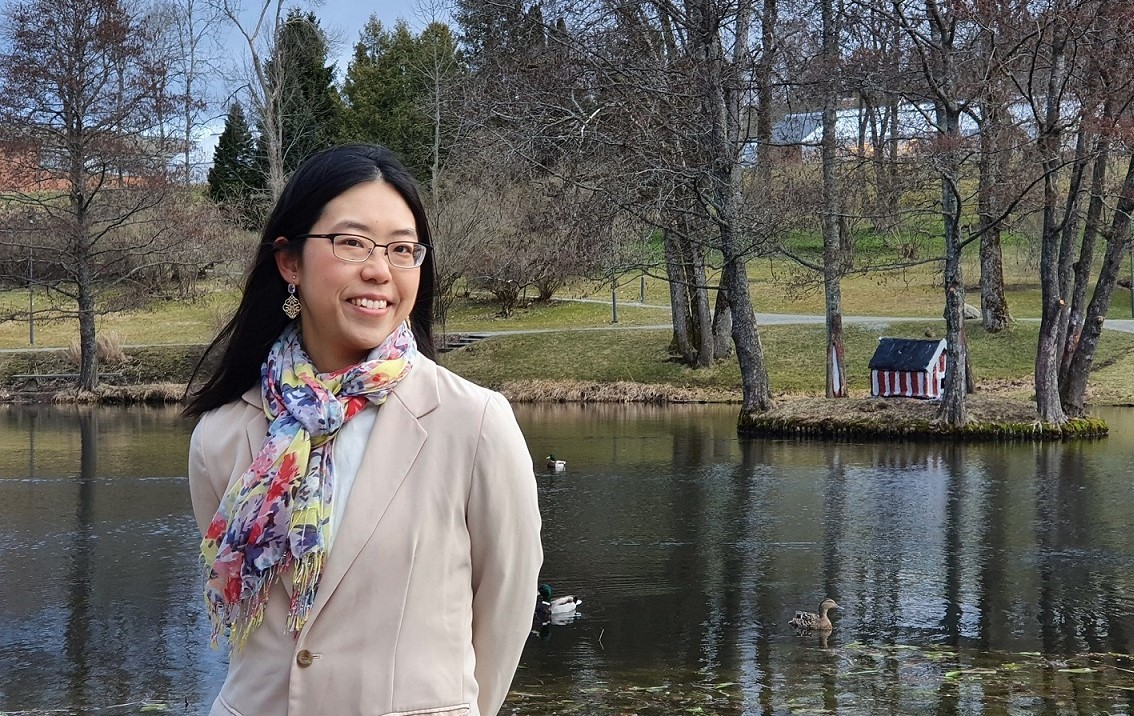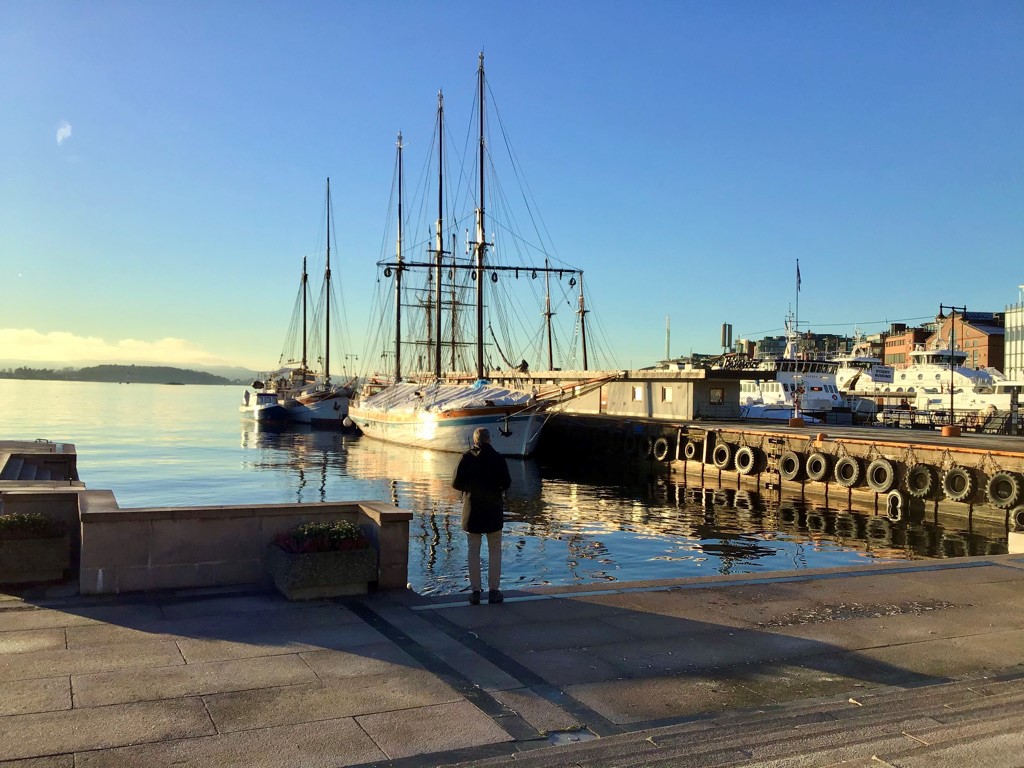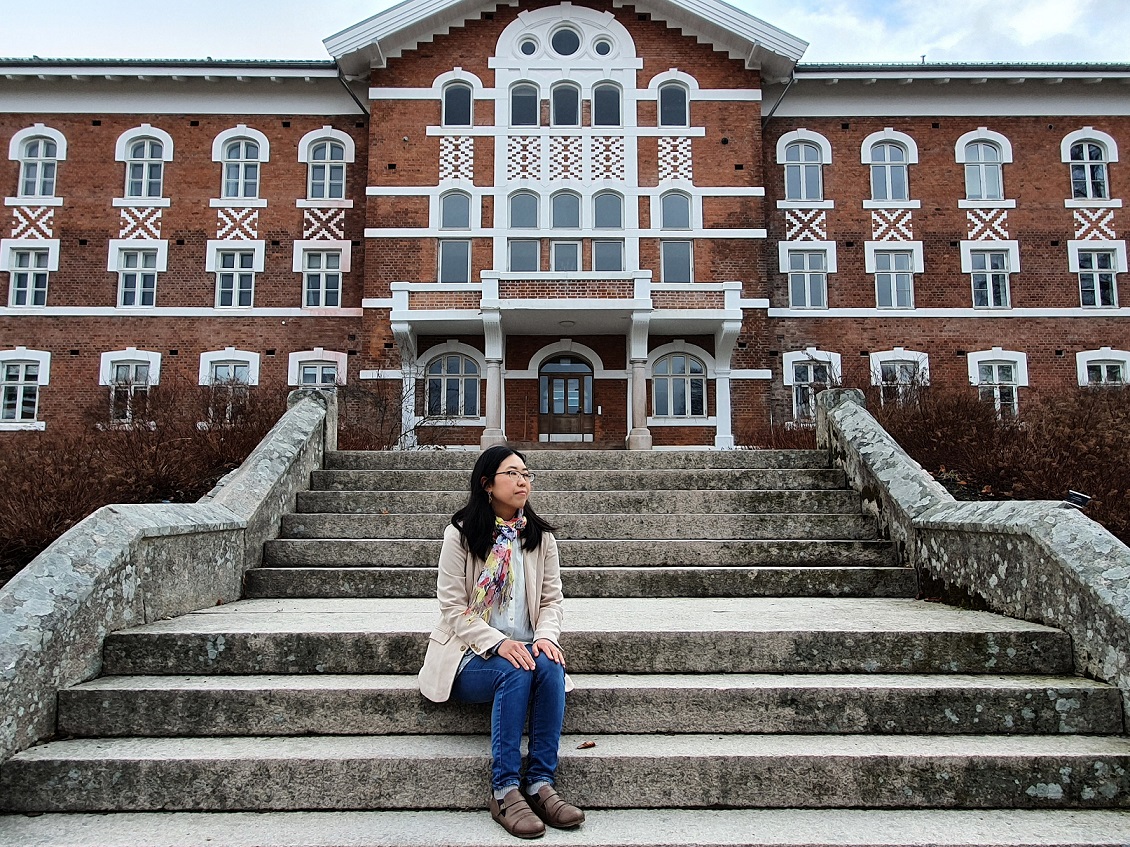Marie Saitou
Principal Investigator (Tenure-track)

(c) Lise Marie Bauge Fjellsbø
What are you currently researching in Norway?
My research area is evolutionary biology. My research goal is to understand how various species have evolved by using genomic information. I am interested in identifying adaptive genetic variants by combining statistics and experiments, and understanding how these genetic variants contributed to evolution.
How did you get interested in your research subject?
I have been interested in both art and science. When I was selecting my major as an undergraduate student, I was wondering whether to choose art or science. Evolutionary biology looked appealing since I could study nature itself and the possible story behind the history of nature by scientific methods so I decided to study evolution..
Why did you choose your current institution to conduct your research?
I applied for tenure-track positions around the world. CIGENE gave me the first offer. I accepted it mainly because I had very similar research interests to them, but also because of the high research competitiveness, their powerful supporting system for researchers, and also because the city seemed livable in many aspects.

Oslo city
What has been the most challenging in your research so far?
My big and immediate goal is to pass the tenure evaluation in five years. In order to achieve the goal, I need to secure external funding to cover the research cost and my salary, supervise graduate students and publish high-quality papers, and lead and organize courses.
Compared to Japan, what is your impression of the research environment in Norway?
This is my personal experience, but I was impressed by the rich and organized system to support research. Various experts are in charge of administration, laboratory, and server management. Our URA (university research administrator) organizes the agenda for the faculty meetings in advance to keep the meetings short. Besides that, once I arrived, a senior adviser from the external funding office (who had worked for the JSPS-equivalent organization in Norway) came to me, explained the European research funding system, and later edited my application.

(c) Lise Marie Bauge Fjellsbø
Do you have any advice for young scientists who dream of going to Norway to do research?
Norway is a small country, so not all research fields are competitive. However, Norway is leading some research areas with affluent funding such as sustainability-related fields, geology, ocean science, and fisheries-related fields in addition to genome biology at CIGENE. If you find an attractive research group, you will be able to gain fruitful research experience. Norway also has a good societal system and safety, and we can use English anywhere. There are not many Japanese people here, but there are surprisingly many researchers who have visited or studied in Japan. We are looking forward to seeing you.
(April, 2021)
Academic background
2020.11- Principal Investigator (Tenure-Track), Centre for Integrative Genetics, Norwegian University of Life Sciences
2020.2-2020.10 Postdoctoral Scholar, Section of Genetic Medicine, the University of Chicago
2017.4-2020.1 Postdoctoral Scholar, Department of Biological Sciences, University at Buffalo
2017.3 M.D., Ph.D. Biological Anthropology, Graduate School of Science, The University of Tokyo
2012.3 B.S. Biological Anthropology, Faculty of Science. The University of Tokyo
